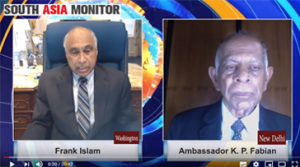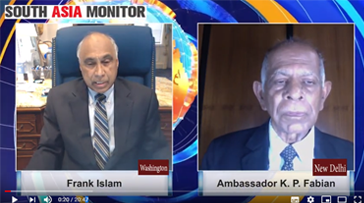
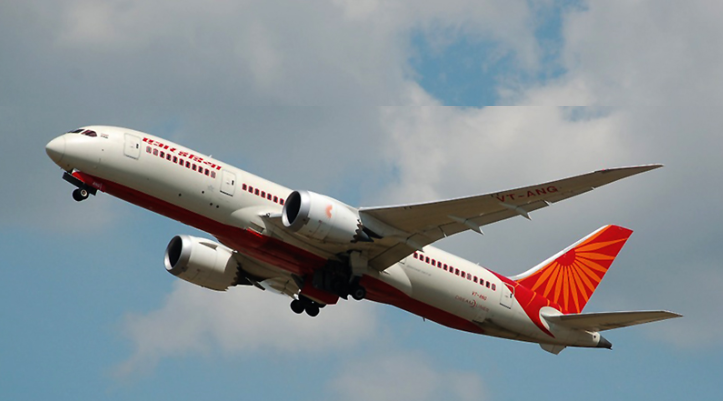
How The Largest Air Evacuation in History Unfolded
A distinguished diplomat who handled the evacuation of 176,000 Indians, narrates how Air India carried out this task.
 On 2nd August 1990, Iraqi President Saddam Hussein decided to have a ‘picnic’ in Kuwait by sending in his army across the border. He had massed troops at the border for weeks, and on 25th July 1990, the US Ambassador April Glaspie encouraged him to have the picnic, wittingly or unwittingly, by declaring that her instructions were to strengthen relations with Iraq; the US did not want to take any side in ‘intra-Arab’ disputes, a clear reference to the mounting tension between Iraq and Kuwait. Saddam Hussein foolishly concluded that he could invade Kuwait and get away with it. Little did he know that the US wanted him to invade Kuwait so that the Pentagon could have a permanent presence in the region.
On 2nd August 1990, Iraqi President Saddam Hussein decided to have a ‘picnic’ in Kuwait by sending in his army across the border. He had massed troops at the border for weeks, and on 25th July 1990, the US Ambassador April Glaspie encouraged him to have the picnic, wittingly or unwittingly, by declaring that her instructions were to strengthen relations with Iraq; the US did not want to take any side in ‘intra-Arab’ disputes, a clear reference to the mounting tension between Iraq and Kuwait. Saddam Hussein foolishly concluded that he could invade Kuwait and get away with it. Little did he know that the US wanted him to invade Kuwait so that the Pentagon could have a permanent presence in the region.
October 26th, 2018 | category:international-affairs |
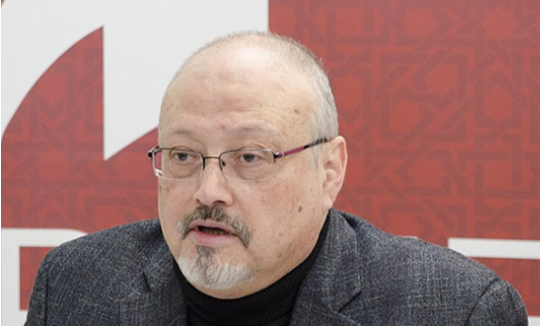
The Jamal Khashoggi Affair
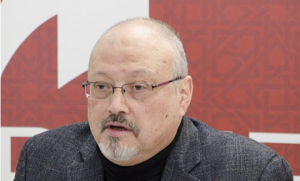 Seventeen days after the October 2 "disappearance" of Jamal Khashoggi, Saudi Arabia officially stated that he was killed in its consulate in Turkey when he went there to collect papers permitting him to marry his Turkish fiancée Hatice Cengiz. The marriage had been fixed for October 3.
Cengiz had waited for hours in vain for Khashoggi to come out of the consulate and informed Reuters about his 'disappearance' on October 3. The same day, Saudi Crown Prince Mohammed bin Salman (MbS) told the US news agency Bloomberg that he did not know where the journalist was and that consent would be given to Turkey to conduct an investigation inside the Consulate if it were to ask for one. MbS added that he 'had nothing to hide'.
On October 4, the Saudi Embassy claimed that the journalist had left the consulate and that it was trying to ascertain his whereabouts. Reports emerged on October 7 that Khashoggi was killed in the consulate, the veracity of which Saudi Arabia angrily denied. The next day, the Saudi Ambassador in Washington, Prince Khalid bin Salman (brother of MbS) sent an unsolicited WhatsApp message to a journalist claiming that Khashoggi had left the consulate. The same day, unnamed Turkish officials told Reuters that Khashoggi had been killed inside the consulate.
(more…)
Seventeen days after the October 2 "disappearance" of Jamal Khashoggi, Saudi Arabia officially stated that he was killed in its consulate in Turkey when he went there to collect papers permitting him to marry his Turkish fiancée Hatice Cengiz. The marriage had been fixed for October 3.
Cengiz had waited for hours in vain for Khashoggi to come out of the consulate and informed Reuters about his 'disappearance' on October 3. The same day, Saudi Crown Prince Mohammed bin Salman (MbS) told the US news agency Bloomberg that he did not know where the journalist was and that consent would be given to Turkey to conduct an investigation inside the Consulate if it were to ask for one. MbS added that he 'had nothing to hide'.
On October 4, the Saudi Embassy claimed that the journalist had left the consulate and that it was trying to ascertain his whereabouts. Reports emerged on October 7 that Khashoggi was killed in the consulate, the veracity of which Saudi Arabia angrily denied. The next day, the Saudi Ambassador in Washington, Prince Khalid bin Salman (brother of MbS) sent an unsolicited WhatsApp message to a journalist claiming that Khashoggi had left the consulate. The same day, unnamed Turkish officials told Reuters that Khashoggi had been killed inside the consulate.
(more…)
October 24th, 2018 | category:international-affairs |
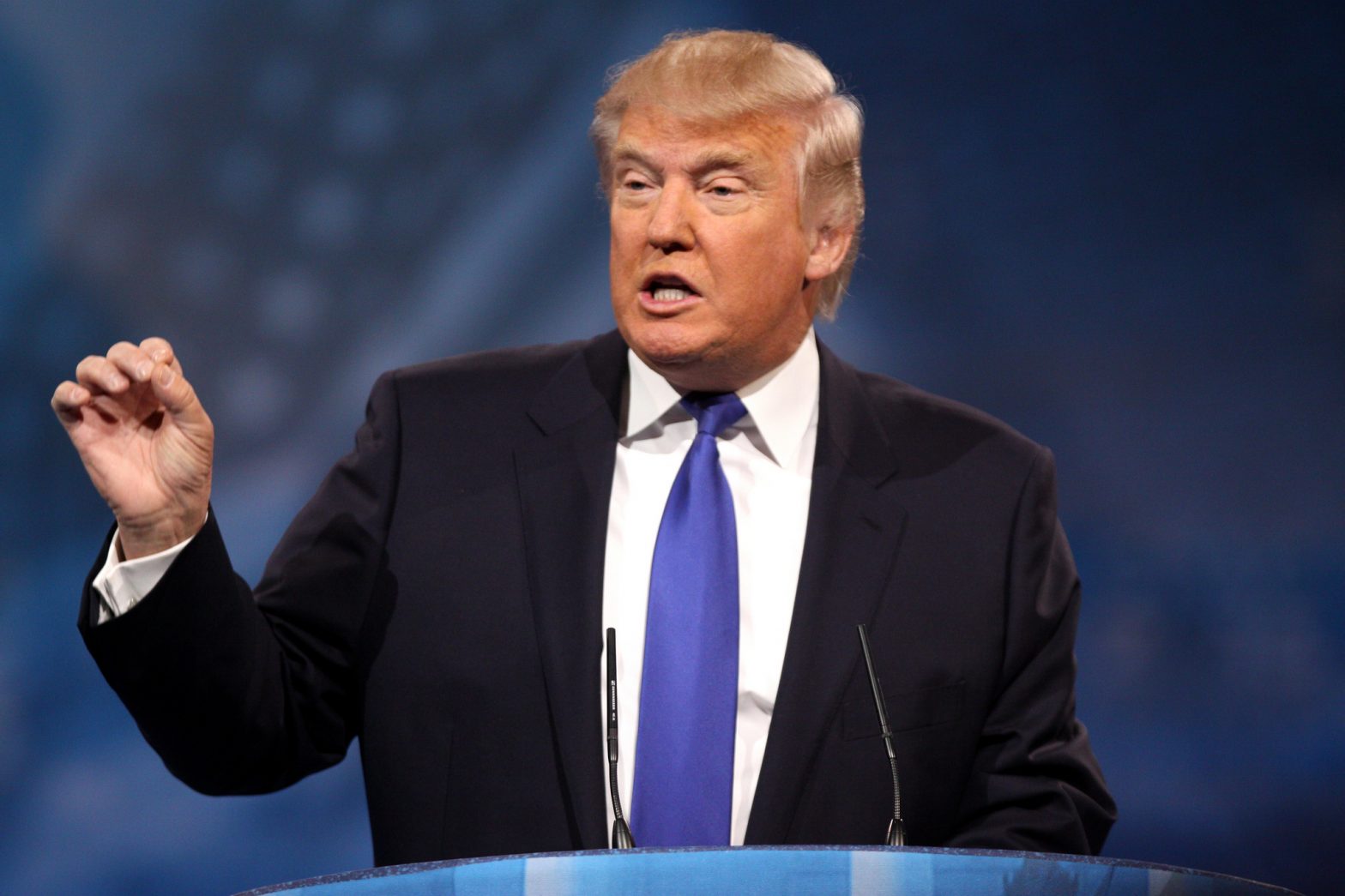
Trump And The Iran Nuclear Deal: Geopolitics And Financial Unipolarity – Analysis
 On 8 May 2018, US President Donald Trump, true to his style and ‘America First’ philosophy, walked out of the Iran nuclear deal, technically known as the Joint Comprehensive Plan of Action (JCPOA). A fortnight has elapsed and it would be pertinent to examine the geopolitical implications of Trump’s decision.
On 8 May 2018, US President Donald Trump, true to his style and ‘America First’ philosophy, walked out of the Iran nuclear deal, technically known as the Joint Comprehensive Plan of Action (JCPOA). A fortnight has elapsed and it would be pertinent to examine the geopolitical implications of Trump’s decision.
The US’ Position
By now it is reasonably clear why Trump withdrew from the deal. He has failed to provide any rational argument against the deal for the obvious reason that there is none. The JCPOA is a 159-page document that prevents Iran from developing nuclear weapons. Trump and Israel’s Prime Minister Benjamin Netanyahu—the foreign leader closest to him spiritually—have argued that unless sanctions are re-imposed, Iran will continue with its ‘destabilising’ policy in the region, and develop missiles endangering Israel’s security—and that therefore it is imperative to keep Iran permanently in a pariah status. (more…)May 25th, 2018 | category:international-affairs, politics |
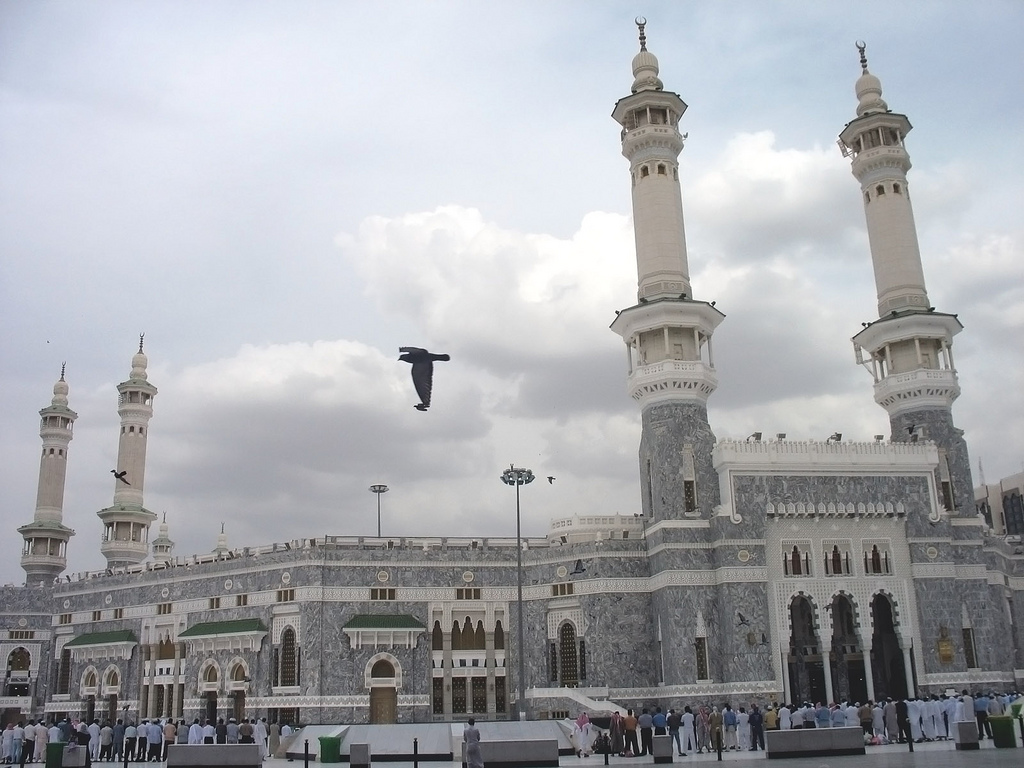
The Mingled Light of Two Bleeding Moons
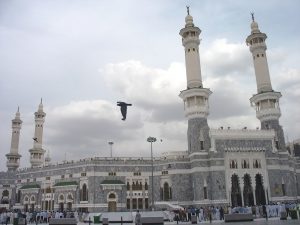 Wahhabism is transforming Indo-Islamic civilisation. A scholarly yet accessible essay collection analyses the interface between West and South Asian Islam.
This book explores the religious interface between the Gulf and South Asia. By “Gulf” the editors mean West Asia, not just the 6-member Gulf Cooperation Council. South Asia has the largest Muslim population of any region in the world—500 million. In the course of Islamisation, which began with the 8th century invasion of Sindh by Muhammad bin Qasim, the region developed a distinct Indo-Islamic Civilisation culminating in the Mughal Empire. While paying lip service to the religious centres in the Gulf, including Mecca and Medina, this civilisation cultivated its own variety of Islam based on Sufism.
Over the last five decades or so, pan-Islamic ties between these two regions have intensified. Eleven scholars from different continents have contributed to this volume which explores “the ideological, educational, and spiritual networks, which have gained momentum due to political strategies, migration flows and increased communications.” It also examines the “cultural proxy war” between Iran and Saudi Arabia.
Saudi-funded madrasas have reduced the hold of Sufi Islam. Pakistan’s government has no reliable figures for the number of madrasas, nor for the inflow of Saudi money.
(more…)
Wahhabism is transforming Indo-Islamic civilisation. A scholarly yet accessible essay collection analyses the interface between West and South Asian Islam.
This book explores the religious interface between the Gulf and South Asia. By “Gulf” the editors mean West Asia, not just the 6-member Gulf Cooperation Council. South Asia has the largest Muslim population of any region in the world—500 million. In the course of Islamisation, which began with the 8th century invasion of Sindh by Muhammad bin Qasim, the region developed a distinct Indo-Islamic Civilisation culminating in the Mughal Empire. While paying lip service to the religious centres in the Gulf, including Mecca and Medina, this civilisation cultivated its own variety of Islam based on Sufism.
Over the last five decades or so, pan-Islamic ties between these two regions have intensified. Eleven scholars from different continents have contributed to this volume which explores “the ideological, educational, and spiritual networks, which have gained momentum due to political strategies, migration flows and increased communications.” It also examines the “cultural proxy war” between Iran and Saudi Arabia.
Saudi-funded madrasas have reduced the hold of Sufi Islam. Pakistan’s government has no reliable figures for the number of madrasas, nor for the inflow of Saudi money.
(more…)
February 15th, 2018 | category:books, international-affairs |
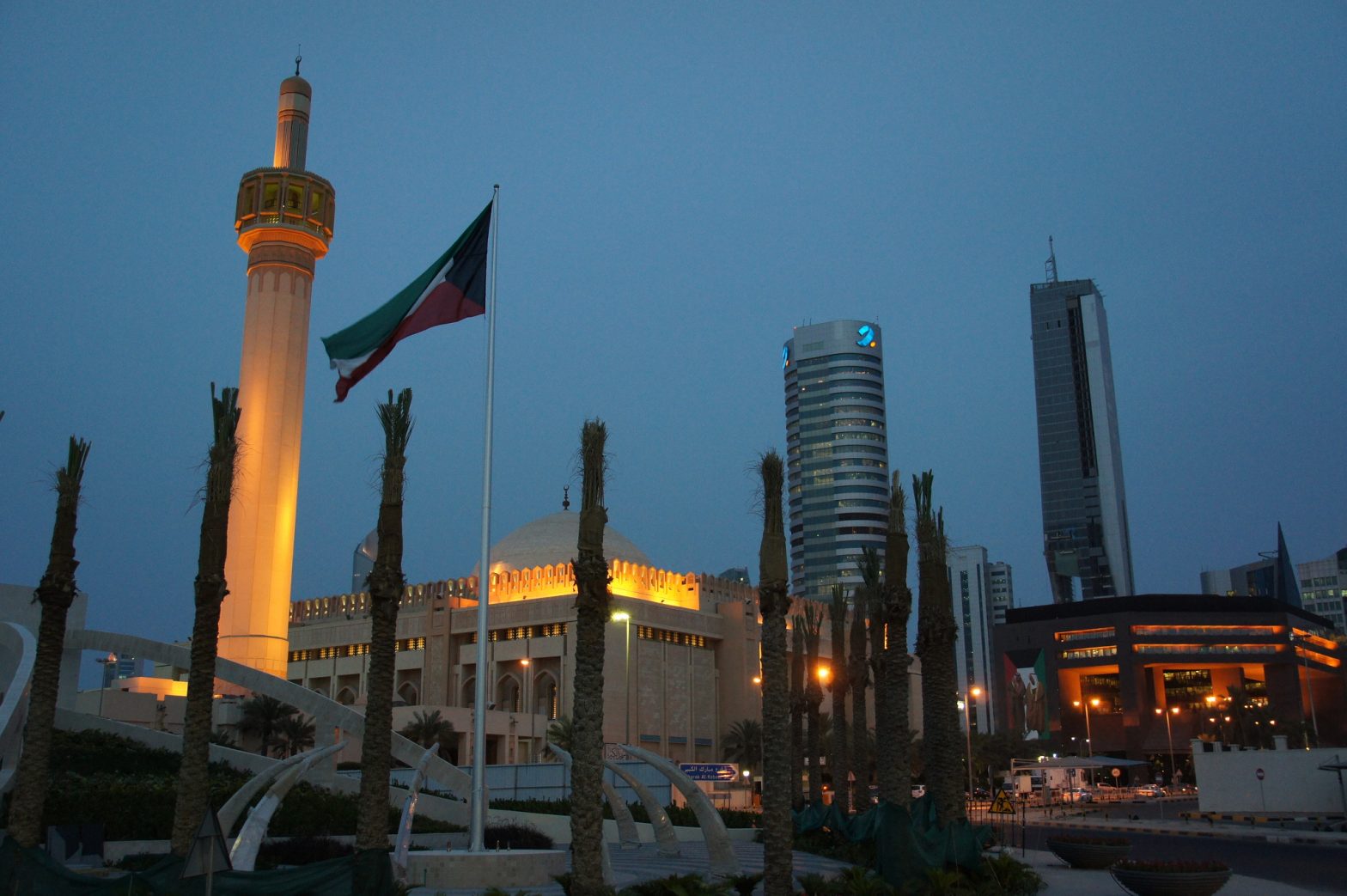
Cracks in the council
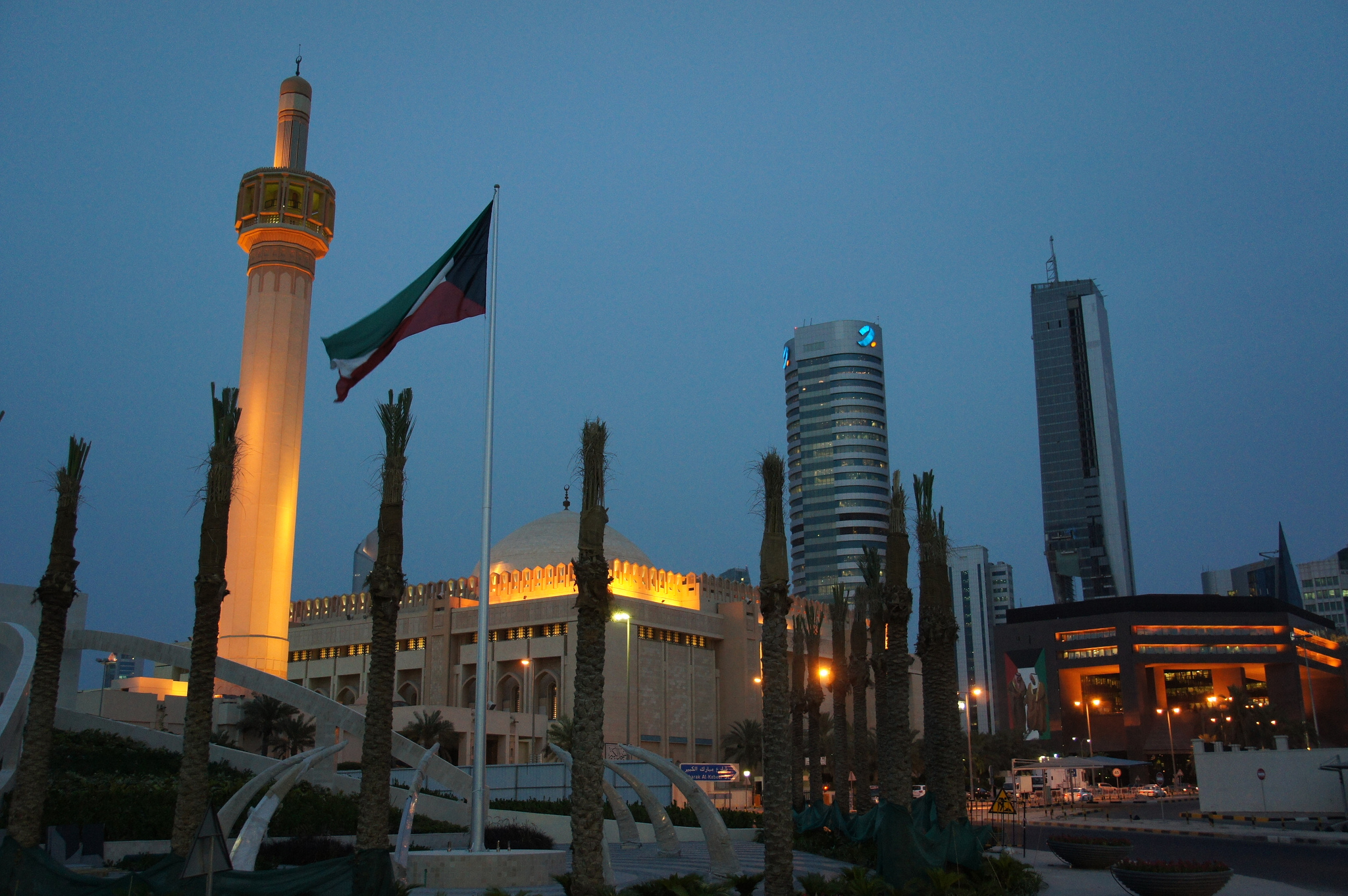 The failed GCC summit points to a stalemate in West Asia that might last for a while, adversely affecting the economies of its members, and only a change in Saudi policy can reunite the squabbling kingdoms.
The aborted Gulf Cooperation Council (GCC) summit in Kuwait scheduled for December 5-6 raises the question whether this regional integration project, until recently one of the more successful of such projects, has collapsed or not. When the GCC was formed in 1981, the main motivation was to address the perceived threat from Iran by raising the level of synergy among the member-states who had much in common. Even without hindsight it can be said that the threat from Iran was exaggerated.
It is paradoxical that Qatar, one of the founding members, has been compelled to embrace Iran owing to Saudi Arabia’s actions. In short, Saudi Arabia, while seeking confrontation with Iran in order to weaken its bete noire, has only strengthened it.
Let us look at what happened in Kuwait. The Emir of Kuwait, Sheikh Sabah, 88, was working hard to reconcile Saudi Arabia and Qatar even before the blockade against Qatar was announced by Saudi Arabia, the United Arab Emirates (UAE), Bahrain and Egypt on June 5, 2017.
(more…)
The failed GCC summit points to a stalemate in West Asia that might last for a while, adversely affecting the economies of its members, and only a change in Saudi policy can reunite the squabbling kingdoms.
The aborted Gulf Cooperation Council (GCC) summit in Kuwait scheduled for December 5-6 raises the question whether this regional integration project, until recently one of the more successful of such projects, has collapsed or not. When the GCC was formed in 1981, the main motivation was to address the perceived threat from Iran by raising the level of synergy among the member-states who had much in common. Even without hindsight it can be said that the threat from Iran was exaggerated.
It is paradoxical that Qatar, one of the founding members, has been compelled to embrace Iran owing to Saudi Arabia’s actions. In short, Saudi Arabia, while seeking confrontation with Iran in order to weaken its bete noire, has only strengthened it.
Let us look at what happened in Kuwait. The Emir of Kuwait, Sheikh Sabah, 88, was working hard to reconcile Saudi Arabia and Qatar even before the blockade against Qatar was announced by Saudi Arabia, the United Arab Emirates (UAE), Bahrain and Egypt on June 5, 2017.
(more…)
January 07th, 2018 | category:international-affairs, politics |
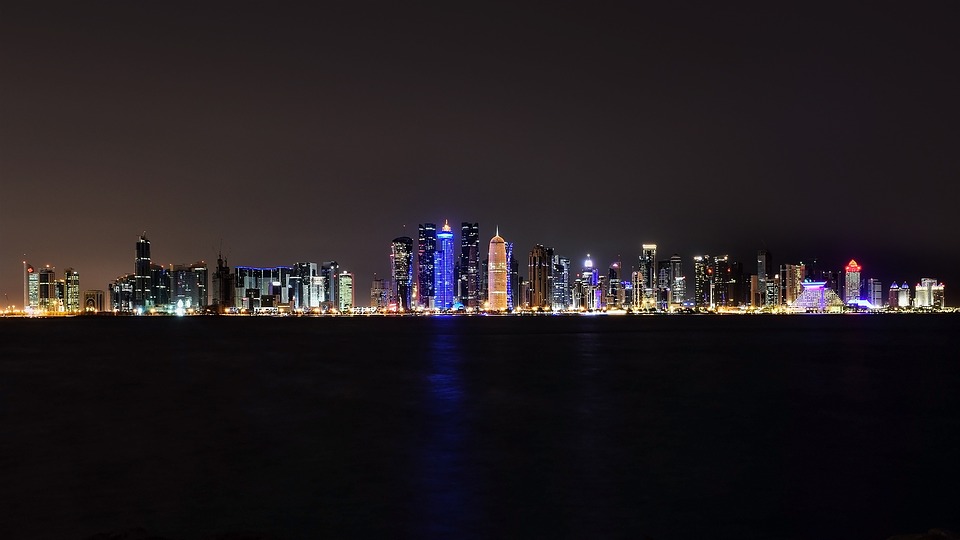
Qatar deserves kudos for handling crisis with maturity and logic
 Saudi Arabia, United Arab Emirates (UAE), Bahrain and Egypt had listed 13 demands on June 23, 2017, warning that there would be serious consequences if Qatar failed to yield by July 2. Qatar rejected the ultimatum and the four countries have not yet carried out their threats. Instead, they have softened their stand, vaguely signaling that it might be enough if Qatar were to accede to ‘Six Principles’. In short, there has been no escalation and we can clearly see a degree of de-escalation.
Saudi Arabia, United Arab Emirates (UAE), Bahrain and Egypt had listed 13 demands on June 23, 2017, warning that there would be serious consequences if Qatar failed to yield by July 2. Qatar rejected the ultimatum and the four countries have not yet carried out their threats. Instead, they have softened their stand, vaguely signaling that it might be enough if Qatar were to accede to ‘Six Principles’. In short, there has been no escalation and we can clearly see a degree of de-escalation.
The June 23 demands were handed over in writing to Kuwait, the mediator, which then passed it on to Qatar. After the text of the demands was made public, the international community came to know about their unreasonableness. Doha has so far handled this crisis with admirable maturity and logic, scrupulously avoiding any action that can spoil its case. The world came to realise that the four countries wanted Qatar to surrender its sovereignty not just in the realm of foreign policy but also align its social, political and economic policies with that of the Gulf Co-operation Council (GCC) countries.
August 21st, 2017 | category:international-affairs, politics |

Triumphant Trump and American Foreign Policy
 President Barack Obama, in his last official overseas tour to Greece, Germany, and Peru, reassured Europe that there would be continuity in American foreign policy under President-elect Donald Trump. While Obama tried to convince his interlocutors about continuity in US policy, Trump’s statements during the campaign brought alarm and concern to America’s allies. Obama himself had called Trump as ‘unqualified’ to be President and a peddler of ‘wacky ideas’, while touring Asia in September 2016. Even if a good part of Trump’s rather colorful choice of words was meant to attract voters, his remarks have set off alarm bells in world capitals. What then could be the impact of the Trump victory on US foreign policy?
President Barack Obama, in his last official overseas tour to Greece, Germany, and Peru, reassured Europe that there would be continuity in American foreign policy under President-elect Donald Trump. While Obama tried to convince his interlocutors about continuity in US policy, Trump’s statements during the campaign brought alarm and concern to America’s allies. Obama himself had called Trump as ‘unqualified’ to be President and a peddler of ‘wacky ideas’, while touring Asia in September 2016. Even if a good part of Trump’s rather colorful choice of words was meant to attract voters, his remarks have set off alarm bells in world capitals. What then could be the impact of the Trump victory on US foreign policy?
Relations with Russia
While Obama could have handled President Vladimir Putin better, his persistent demonization of the Russian President and inability to establish a rapport with him painted US policy into a corner. Even if Putin annexed the Crimea in brazen disregard for international law, the US played a key role in creating a situation in Ukraine that justified Putin’s fears about being encircled by NATO. Obama should have taken into account the fact that Russia had a naval base in the Crimea since 1784. In the aftermath of his victory, Trump and Putin have agreed to mend the US-Russia relations. (more…)November 22nd, 2016 | category:international-affairs |
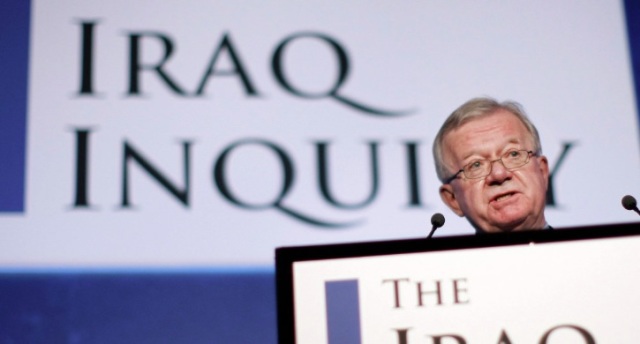
The Chilcot Report on Blair and the War on Iraq
[caption id="attachment_737" align="alignleft" width="300" caption="Sir John Chilcot. Image credit: hangthebankers.com"]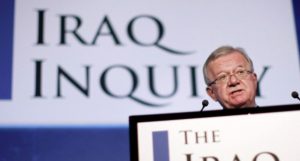 [/caption]
Sir John Chilcot has finally come out with his 2.6 million-word report that was actually due in 2010. It will take a person seven days to read the report in full, if read non-stop. In terms of length, the report is three times the size of the complete works of Shakespeare. We might assume that none outside the Chilcot Inquiry might have read it in full so far since its publication on July 7. Perhaps, none in the Inquiry Committee too – four others in addition to Chilcot, including Baroness Prashar of Indian origin – might have read the report in full. The hard copy costs Pound Sterling 767 and we do not know whether the families of the 200 British citizens killed in the war might get a copy gratis.
Let us see what British democracy has done after coming across enough evidence, before and after the 2003 war, that Prime Minister Blair had unnecessarily, unwisely, and immorally taken the nation into a war, which almost destroyed Iraq and begat the deadliest terrorist organization known as the Islamic State, especially when Iraq had posed no threat to the United Kingdom.
The BBC carried a report by Andrew Gilligan in July 2003 to the effect that the Prime Minister’s office had ‘knowingly embellished’ a dossier on Iraq’s military capabilities. The report was based on a conversation with Dr. David Kelly, a scientist and an authority on biological weapons working for the government. The BBC did not reveal the name of the scientist, but the government deliberately leaked it out. The government denied the veracity of the report and Kelly was questioned aggressively by a House of Commons Committee, which summoned him to appear before it on 15 July 2003. Kelly was subsequently found dead on the 17th.
(more…)
[/caption]
Sir John Chilcot has finally come out with his 2.6 million-word report that was actually due in 2010. It will take a person seven days to read the report in full, if read non-stop. In terms of length, the report is three times the size of the complete works of Shakespeare. We might assume that none outside the Chilcot Inquiry might have read it in full so far since its publication on July 7. Perhaps, none in the Inquiry Committee too – four others in addition to Chilcot, including Baroness Prashar of Indian origin – might have read the report in full. The hard copy costs Pound Sterling 767 and we do not know whether the families of the 200 British citizens killed in the war might get a copy gratis.
Let us see what British democracy has done after coming across enough evidence, before and after the 2003 war, that Prime Minister Blair had unnecessarily, unwisely, and immorally taken the nation into a war, which almost destroyed Iraq and begat the deadliest terrorist organization known as the Islamic State, especially when Iraq had posed no threat to the United Kingdom.
The BBC carried a report by Andrew Gilligan in July 2003 to the effect that the Prime Minister’s office had ‘knowingly embellished’ a dossier on Iraq’s military capabilities. The report was based on a conversation with Dr. David Kelly, a scientist and an authority on biological weapons working for the government. The BBC did not reveal the name of the scientist, but the government deliberately leaked it out. The government denied the veracity of the report and Kelly was questioned aggressively by a House of Commons Committee, which summoned him to appear before it on 15 July 2003. Kelly was subsequently found dead on the 17th.
(more…)
July 12th, 2016 | category:international-affairs |
Latest Articles
International Affairs: Articles October 28th, 2025
Draw lessons from Kuwait blaze to protect workers
Domestic affairs, International Affairs: Articles June 14th, 2024
The Israel-Palestine War Shows The Moral Bankruptcy Of Global Leaders
International Affairs: Articles October 17th, 2023
It’s Essential To De-Escalate The Canada-India Diplomatic Row
International Affairs: Articles September 28th, 2023
Deconstructing The Eighteenth Summit Of The G20
Domestic affairs, International Affairs: Articles, Politics September 21st, 2023
My Favorite Links
Archives
- 2025
- October 2025 (1)
- 2023
- May 2023 (2)June 2023 (3)September 2023 (3)October 2023 (1)
- 2022
- January 2022 (1)March 2022 (2)August 2022 (1)December 2022 (1)
- 2020
- January 2020 (1)March 2020 (2)April 2020 (2)May 2020 (3)
- 2019
- June 2019 (1)December 2019 (1)
- 2018
- January 2018 (1)February 2018 (1)May 2018 (1)October 2018 (3)
- 2017
- August 2017 (1)
- 2016
- July 2016 (2)November 2016 (1)
- 2015
- January 2015 (1)
- 2014
- February 2014 (1)March 2014 (2)June 2014 (1)July 2014 (2)August 2014 (1)December 2014 (1)
- 2013
- May 2013 (1)July 2013 (1)August 2013 (1)September 2013 (1)
- 2012
- March 2012 (2)July 2012 (1)
- 2011
- February 2011 (1)
- 2010
- July 2010 (1)November 2010 (3)
- 2009
- March 2009 (6)April 2009 (1)October 2009 (3)
